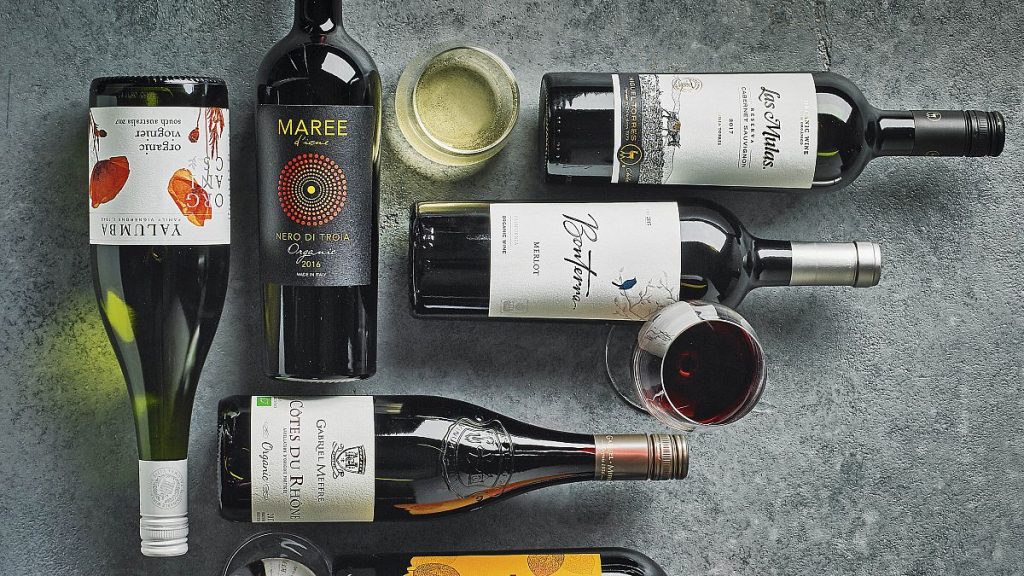In its recent annual food and drink report, Waitrose highlighted a fascinating shift in consumer behavior amidst ongoing economic pressure, noting that while the cost of living concerns remain prevalent, shoppers are increasingly gravitating towards luxury and premium food products. This contradiction is illustrated by the robust demand for premium olive oils, with sales rising by 15% year-to-date. Waitrose attributes this trend to a growing consumer preference for high-quality, ethical pantry staples, which have become status symbols among shoppers. The report pointed out that brands such as Belazu and Citizens of Soil are particularly popular, indicating a shift in how people perceive and value their food choices, as they prioritize both quality and aesthetic appeal.
The report also mentioned an interesting cultural change where premium olive oils are beginning to serve as gift alternatives to wine, a trend highlighted in House & Garden magazine. Unlike wine, which tends to be consumed quickly, olive oil continues to offer lasting value, especially in light of rising prices due to weather-related agricultural issues. This shift towards high-quality pantry staples is not limited to olive oil; other items such as olives, nuts, honey, and gourmet vinegar are also gaining traction. Additionally, as people become more conscious of the health risks associated with processed foods, an increasing number are turning to scratch cooking, leading to a notable rise in sales of quality canned and jarred foods.
Amidst this trend towards home cooking, an intriguing demographic shift is occurring. The report noted a rising number of younger cooks who prefer to forgo traditional recipes, with 72% expressing confidence in creating meals without guided instructions. This contrasts sharply with older generations, as 70% of those over 45 still rely on recipes. This newfound cooking freedom has catalyzed the popularity of “picky teas” or “girl dinner,” meals composed of random snacks mixed together, offering flexibility and convenience, particularly appealing for those with busy lifestyles. This style of dining not only accommodates time constraints but also provides an innovative way to minimize food waste by utilizing leftover ingredients.
In terms of cooking efficiency, Waitrose emphasized that “pimped up” pot noodles have emerged as a popular option for those seeking quick meal solutions. Research indicated that the sweet spot for evening meal preparation time is around 30 minutes, leading consumers to search for quick, satisfying meal solutions without sacrificing quality. This trend reflects a broader desire for time-efficient meal options that do not compromise on flavor or nutritional value, signaling a shift in how people approach their weeknight dinners.
In the realm of alcoholic beverages, the report revealed that customers are displaying more responsible drinking habits, notably through the emerging practice of “zebra-striping,” which involves alternating between alcoholic and nonalcoholic drinks. This change aligns well with the increased popularity of no and low-alcohol alternatives, with sales surging by nearly 20%. Furthermore, the report noted a resurgence in boxed wine, reminiscent of 1980s house parties, which appeals to practical consumers seeking longer-lasting options for occasional enjoyment. Boxed wine provides an attractive shelf life of about six weeks after opening, making it ideal for infrequent drinkers. Additionally, canned wine has also seen significant growth, with sales up by 36%, underscoring a preference for convenience among wine drinkers.
These trends collectively paint a picture of changing consumer behavior in the face of economic challenges, where indulgence intertwines with practicality and conscious consumption. As customers seek out premium products that reflect their values, they are reimagining their kitchens with an emphasis on quality ingredients and sustainable choices. Additionally, the preference for flexible dining experiences and responsible drinking habits showcases a broader cultural shift towards mindfulness in food and beverage consumption. Waitrose’s report underscores the dynamic nature of consumer preferences and highlights how understanding these shifts can offer businesses valuable insights into evolving market demands. Overall, the interplay of indulgence and conscious choice signals a nuanced landscape for the food and drink industry in the UK.














